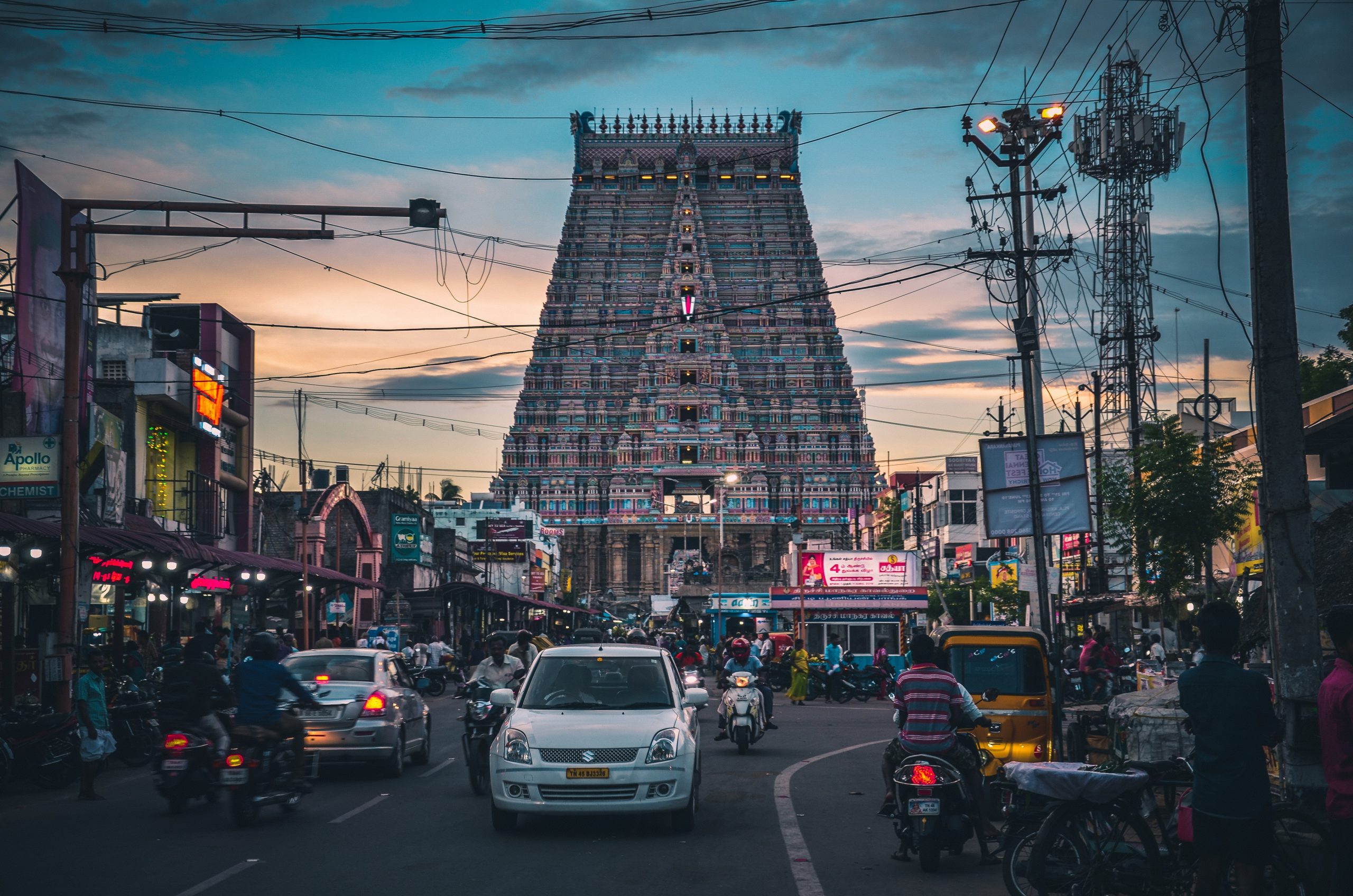Tamil Nadu is a state with a rich cultural heritage. Some of the oldest and rarest temples with rich architecture are in Tamil Nadu. Even today, some folks in the state follow ancient rituals which existed long ago. They are all mostly representing the Brahmin community.
Parallelly, Tamil Nadu is also a place of Hindu Atheism or we can even say anti-Brahminism since the early 20th century. Well, the godfather of this movement is undoubtedly E V Ramaswamy Naicker (Periyar). Along with the Justice Party (today’s DMK) and others, this became an organized movement.
While they would like to call it a movement against blind faith and the caste system, they did project brahmins as the custodian of the caste system. Followers of this anti-Brahminism movement often claim that some Brahmins are also part of it. Yes, that is not deniable, because a considerable amount of them was and are still part of it.
But, one question always arises. Why is there a hatred movement? What are some present-day instances of Anti-Brahminism? Let us explore!
Why do People hate Brahmins?
Anyone from Tamil Nadu who is possibly a non-brahmin hates looking at a Brahmin at first sight. If you ask them, they have their reasons. The primary reason being the dominance of Brahmins over Government jobs. Also untouchability, suppression of other communities in ancient times. In addition to this, a combination of verbal fights over petty issues is another reason for the hatred.
Every community comes with its own shortfalls. Moreover, based on some isolated incidents, one particular community cannot be judged. Rather, this is seen as an attempt to not defame a particular community. But more of an attempt to push a rich culture to the brink of collapse.
The following incidents are a testament to the facts mentioned above.
The Recent PSBB Incident in Chennai
Padma Seshadhri Bala Bhavan (PSBB) Senior Secondary School in Chennai is one of the affluent schools in the city. For the last few days, the school has been under scrutiny for an alleged sexual assault by a Male Teacher Rajagopalan.
Well, the teacher confessed his crime and did get arrested is also subject to legal trials. But now the blame falls on the school. Members representing the State Government and their pacifiers were quick enough to come out and bash the school management.
The school still claims that no written complaints reached them neither from the parents nor from the students. Rather, the complaints reached an alumnus who exposed all this through her Instagram account.
While we condemn the action of teacher for his act as well as the school management for being lethargic, we also have to note certain facts. Sexual assaults were reported in various other places across the city in affluent educational institutions like Loyola College and St. George School too. Did someone bother to question those institutions in a similar fashion?
This institution is subject to scrutiny at all ends because it is an institution run by Brahmins? And, Maharishi Vidya Mandir is another school that is subject to bashing by pacifiers of the current state government. Don’t we have all the reasons to call it a typical example of anti-brahminism?
Replacing Brahmin Pujaris with Non-Brahmins
In 2006, when the then DMK supremo M Karunanidhi took over as Chief Minister announced equality for non-brahmins as Pujaris. This did receive backlash from the Brahmin community, but not as significant as possible.
This is a classic case of politicization. Do you ask why? On their verge to appease the non-brahmin communities, a government is indulging in an act that would question the livelihood of Brahmins. Aren’t they among the people who survive in the same land where you all live?
Brahmins too fall under the BPL Category
Poverty is not a community-specific phenomenon. We come across rich as well as poor folks among a particular community. According to Sanatan Dharma, a Brahmin is a seeker as well as a preacher of knowledge and truth. He shouldn’t go behind material wealth and must indulge in spreading knowledge.
That means a Brahmin in the ancient societal structure was a mentor to the entire society. As he did not go beyond the thought of mentoring, he possibly seeks food and shelter from the religious institution he is associated with. Else, people voluntarily donate whatever they can in return for the wisdom they attained from a Brahmin.
Several Brahmins today still follow this Dharma and that is a reason why some of them fall below the poverty line. Ironically, the others who follow the modern societal norms are not subject to several schemes which the non-brahmins enjoy under the reservation system.
Well, one can say all Brahmins follow the ancient norms. But, in a modern societal system, while all are eyeing upon self-sufficiency in terms of wealth, Brahmins too seek for the same as they’re individuals like the rest.
Young Brahmin folks need to work hard for merit in educational institutions and rely upon their own skills for growth in their workplace. As we keep evolving as a community, don’t we need a fair reservation system for all?
Will Brahmins in Tamil Nadu Cease to Survive?
If this scenario in Tamil Nadu continues, Brahmins will become refugees in their own country like Kashmiri Pandits. Else, they may face persecution and genocide similar to what happened in Bangladesh and Pakistan in the 1940s. Either Brahmins fight back for their rights or succumb to the genocide and persecution.
The brahmins who are backing the movement spearheaded by the haters will also be subject to all this. Therefore, it is high time we begin fighting back and end the Anti-Brahminism movement in the state.
Read more on this space.
Photo by Wouter Naert on Unsplash






Leave a Reply